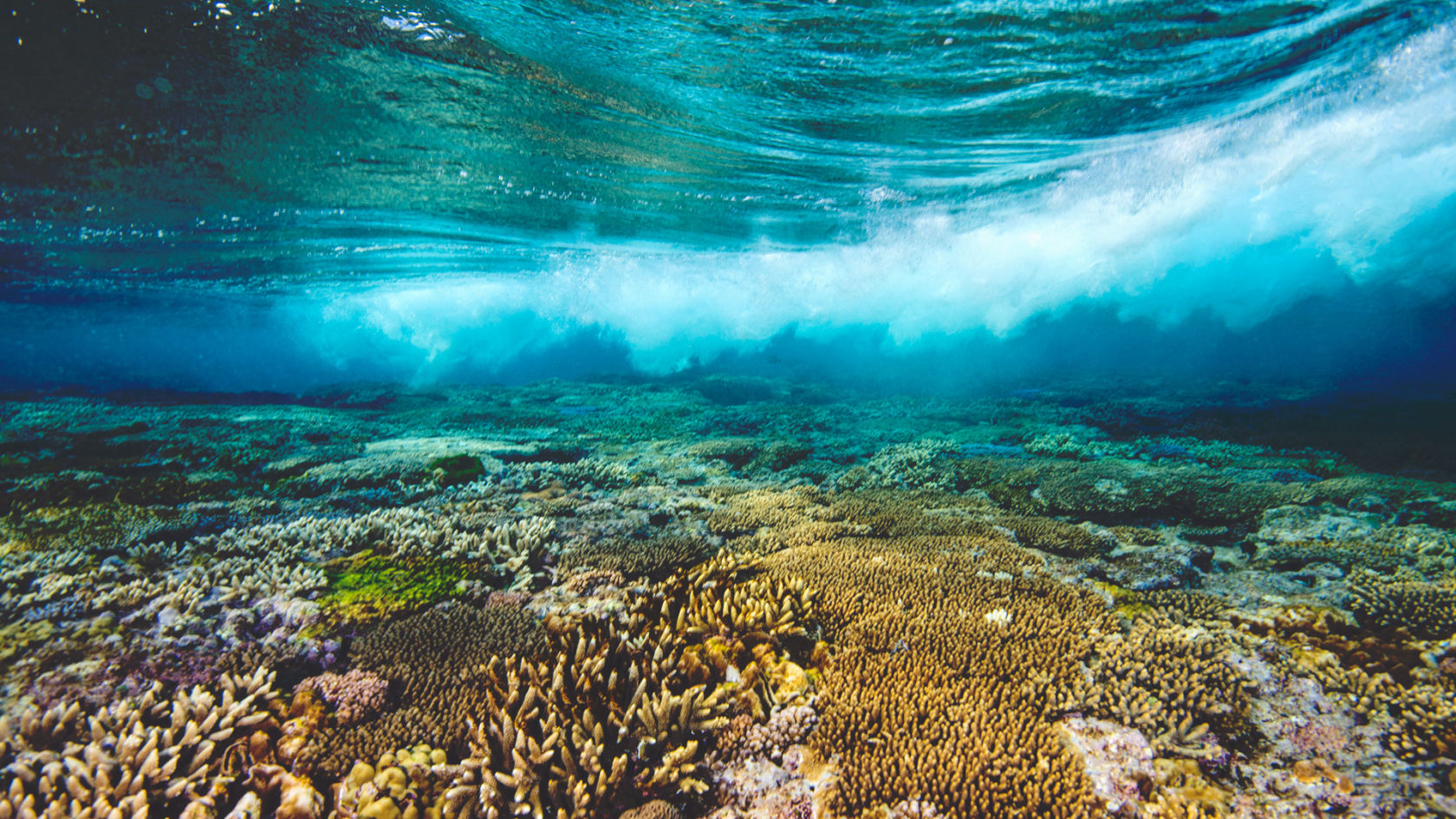In chapter 7 of the book, Kolbert continuous talking about marine life except this time focusing on coral reefs. Kolbert visits One Tree Island, where research is being done about the chemical composition of coral reefs in the region. There she meets with Ken Caldeira, a scientist that focuses on the effect that carbon dioxide has on the waters ph, the chemical composition of forests as well as the changes in global temperature. They go on a diving expedition to photograph octopi. She focuses on the reality that carbon dioxide is destroying the coral reefs due to the erosion that it causes, thus as carbon dioxide levels continue to rise, the coral reefs will start to dissolve. Along with this threat, coral reefs are threatened with overfishing, pollution and even rising water temperatures which increase the number of algae and plankton on the coral which takes away the food and nutrients needed for the coral species. Essentially, Kolbert concludes that though coral reefs have a history of dissolving and reemerging, it’s the first time that they will be disappearing at this speed and it’s solely because of a combination of several threats.
An APES theme that this chapter connects to is that Earth is an interconnected system and its biogeochemical systems vary in ability to recover from disturbances. For instance, in the chapter, it states “I would have thought it ridiculous to imagine that reefs might have a limited lifespan… yet here I am today, humbled to have spent… years of my; life around the rich wonders of the underwater world, and utterly convinced that they will not be there for our children's children to enjoy” (pg. 138). (R) This quote is a perspective from a renowned chief scientist of marine sciences who himself wasn't aware that the coral reefs were heading towards this path. The well being of the coral reefs was overlooked because during the time CO2 emissions may have seemed not as a big deal, or that there was a small possibility that it would backlash on something so random as the coral reefs. However, the reality of the situation is that the millions of tons of CO2 being pumped into the atmosphere has caught up with the rest of the world and now the biogeochemical systems in the coral reefs have no way of recovering or even sustaining themselves from the damage that is currently being done to them. This also shows how careless human nature has been towards nature and the environment that we live in, as well as how the modern day people have caused the premature degradation of one of earth's natural gifts for several generations of people that could have enjoyed them.
 The Great Barrier Reef.
The Great Barrier Reef. 
No comments:
Post a Comment